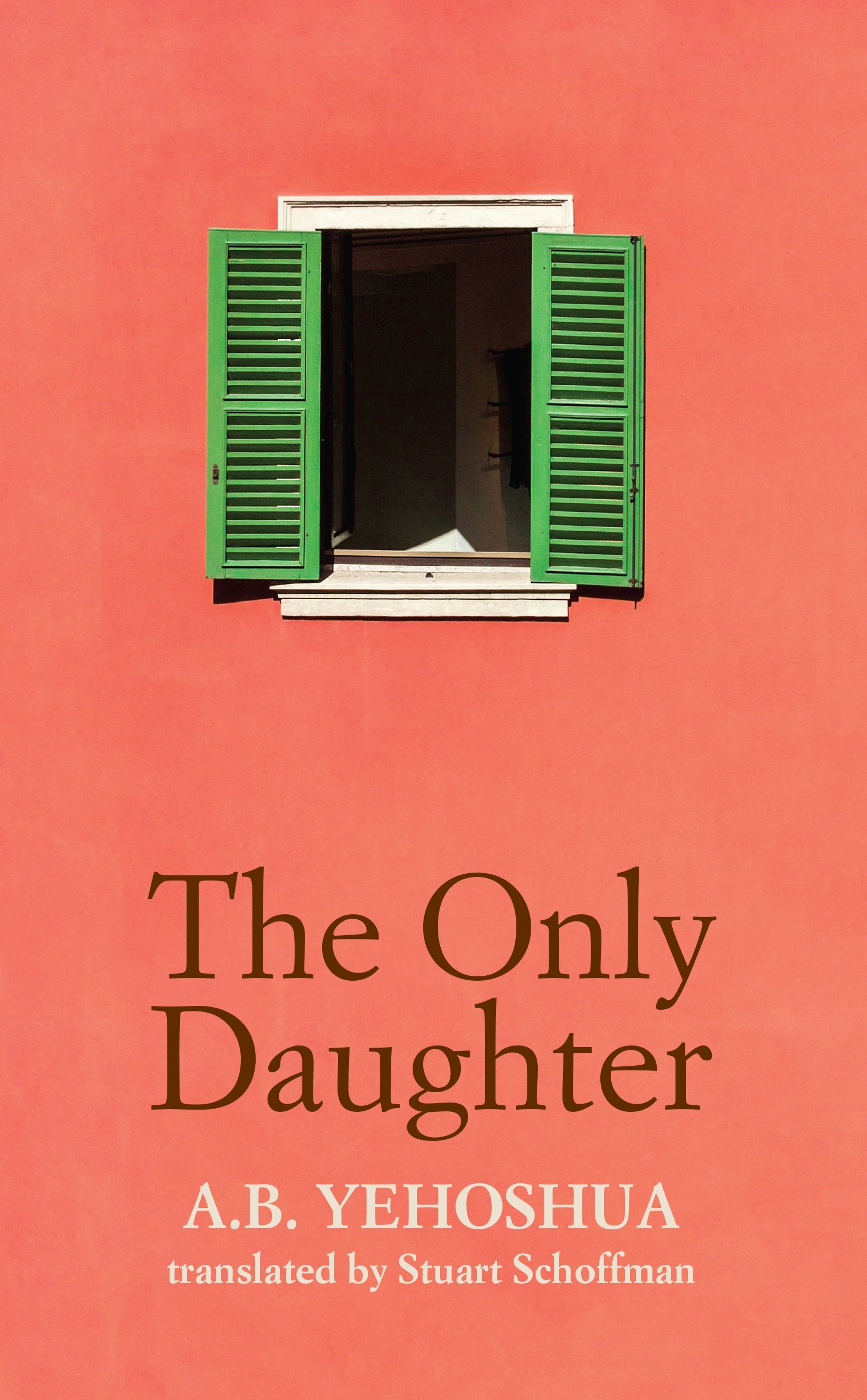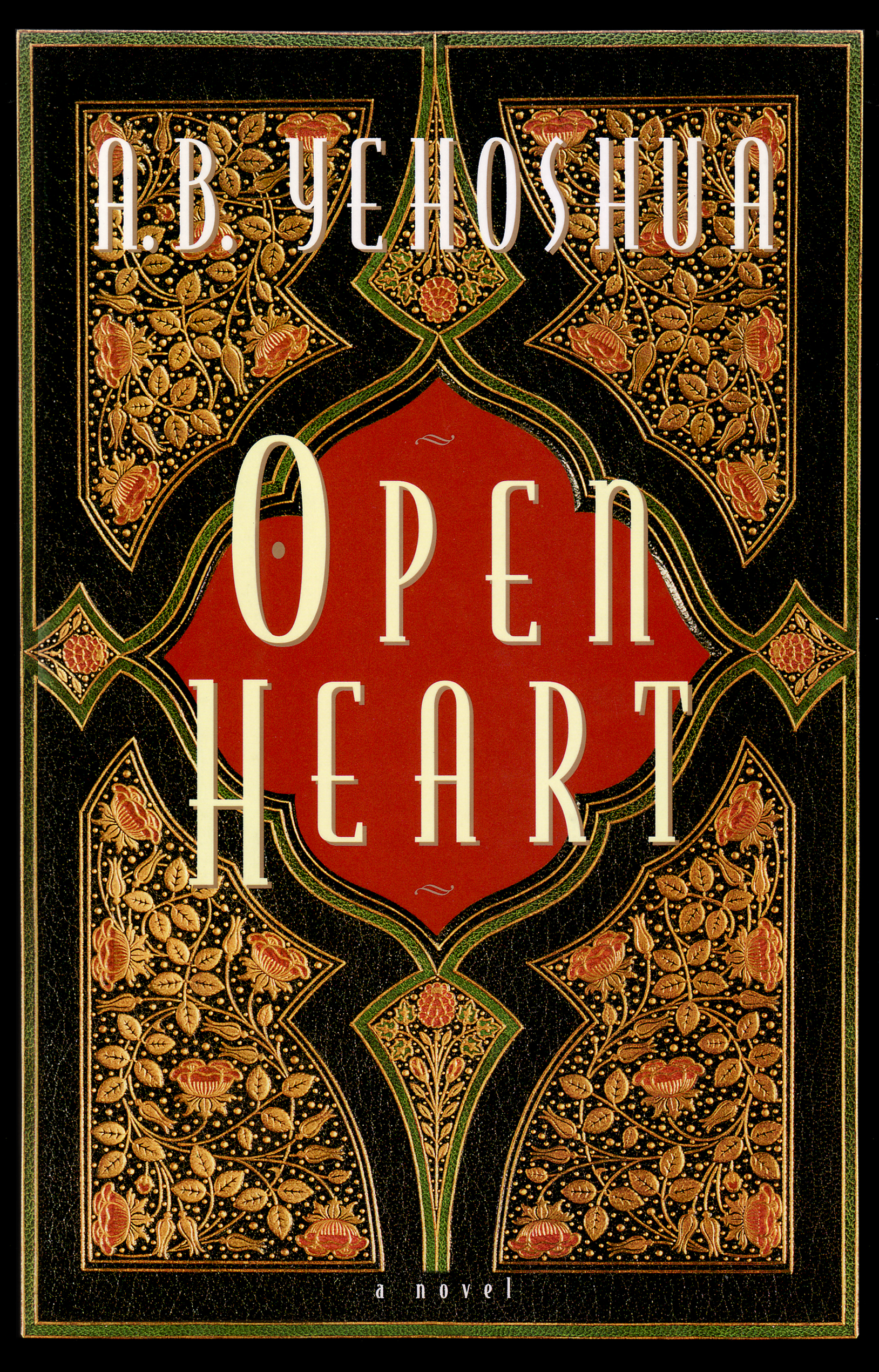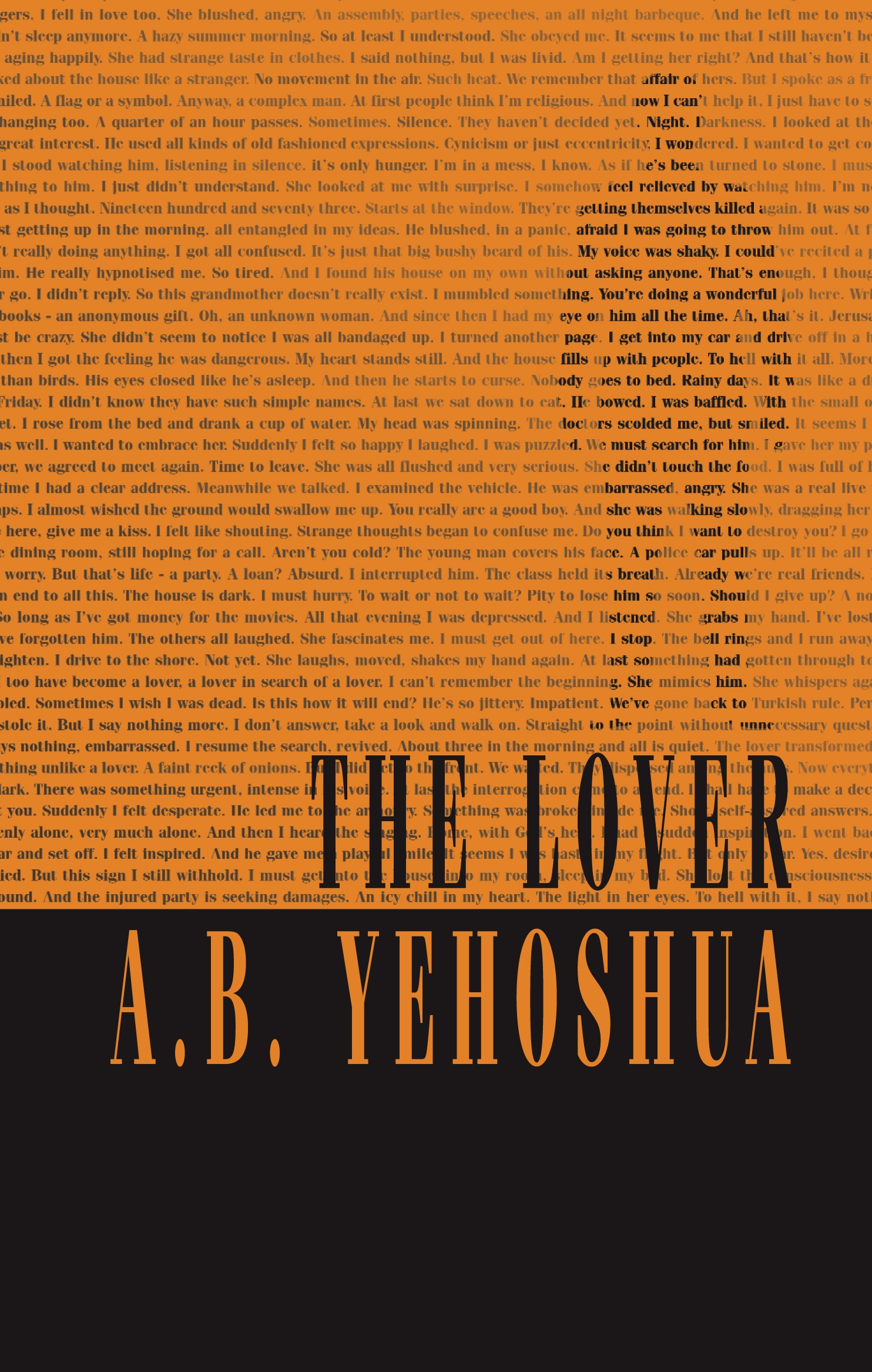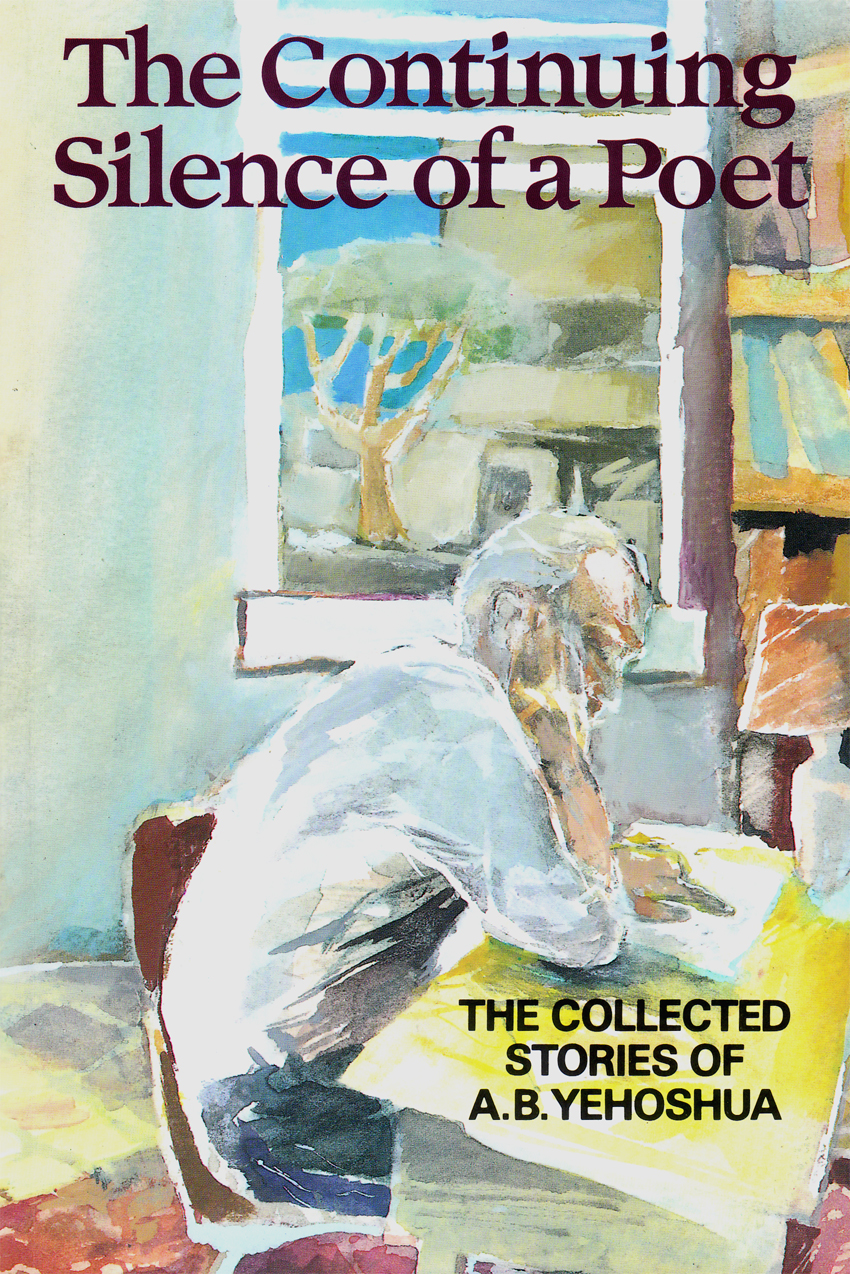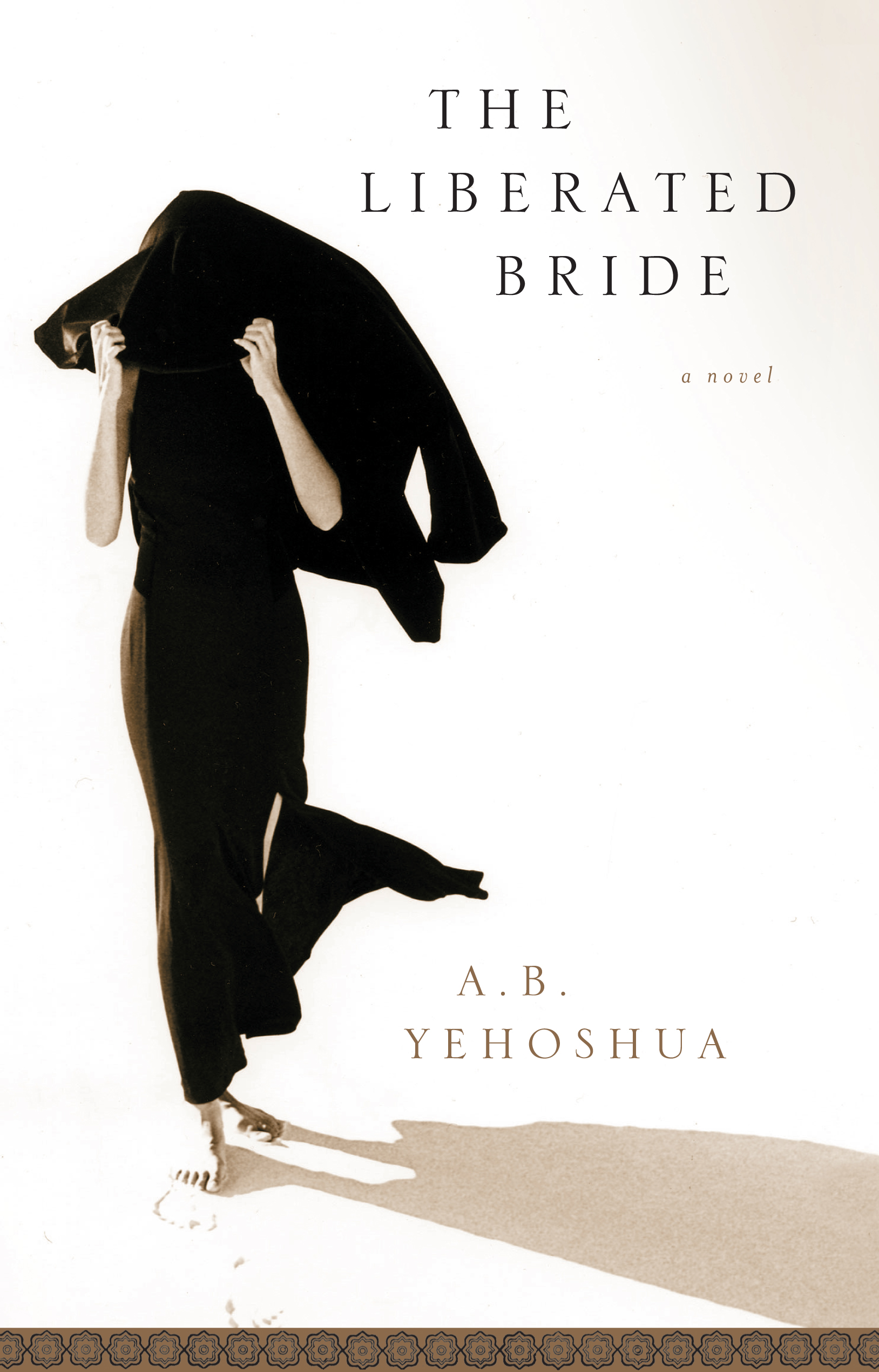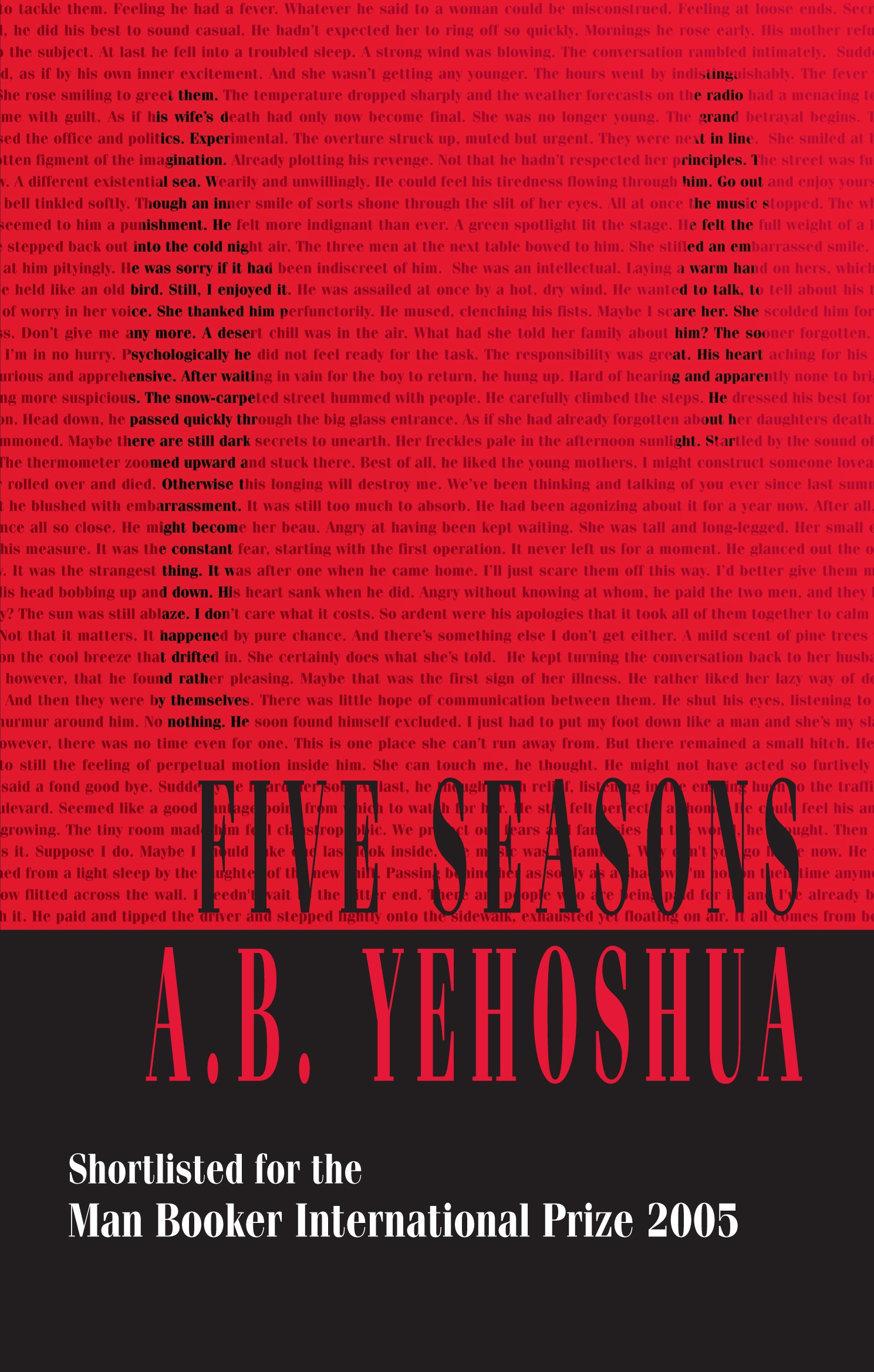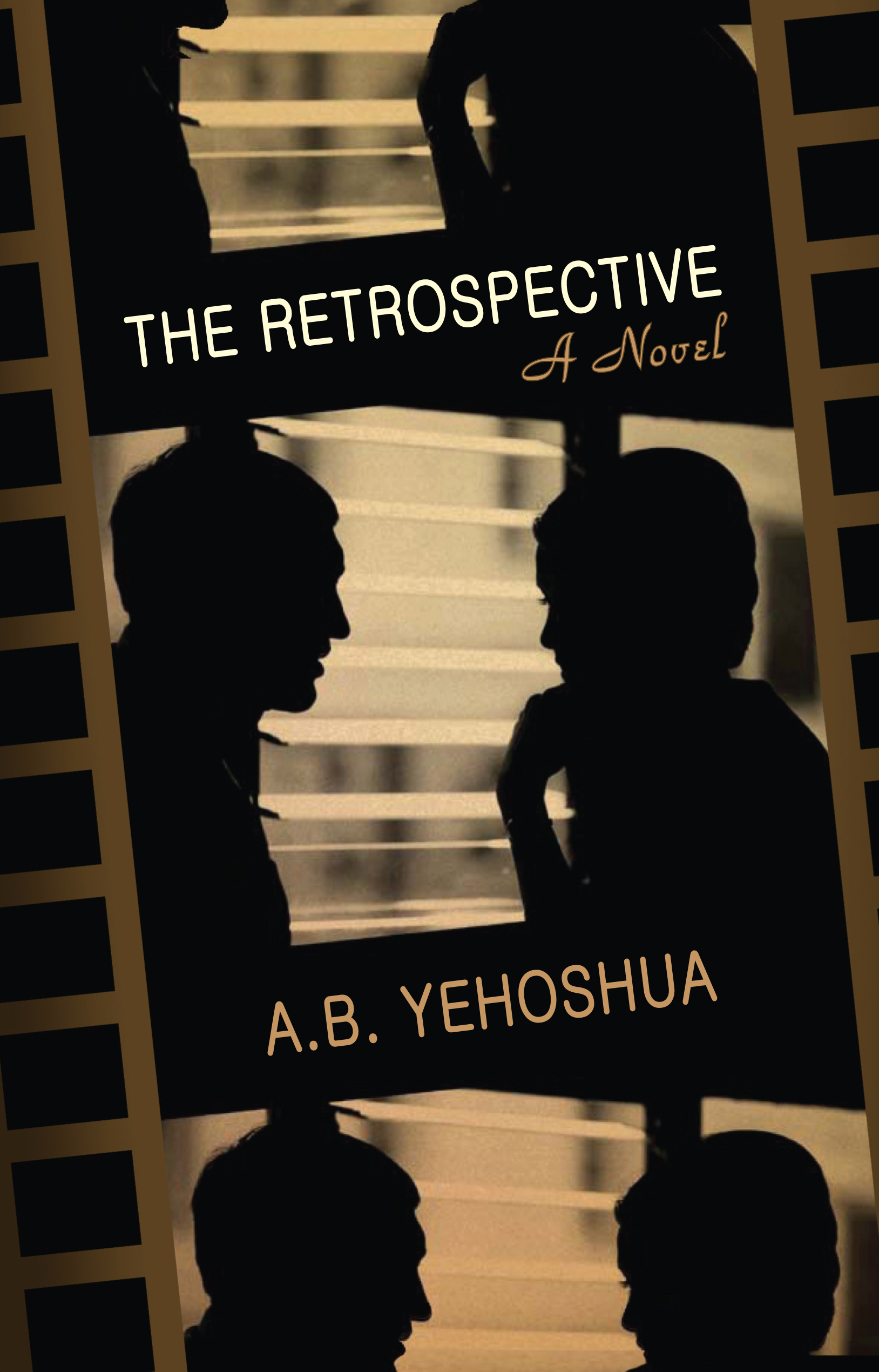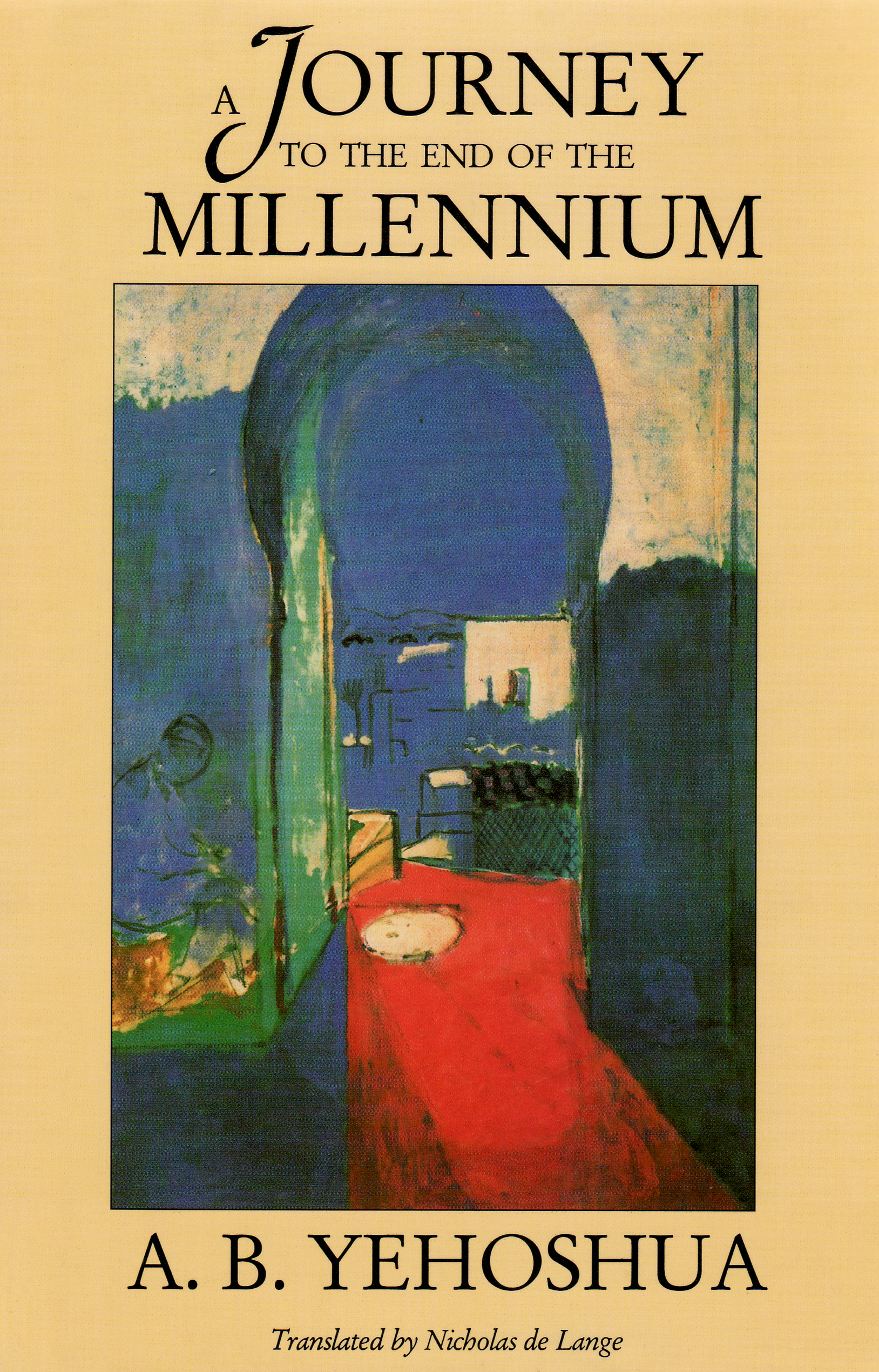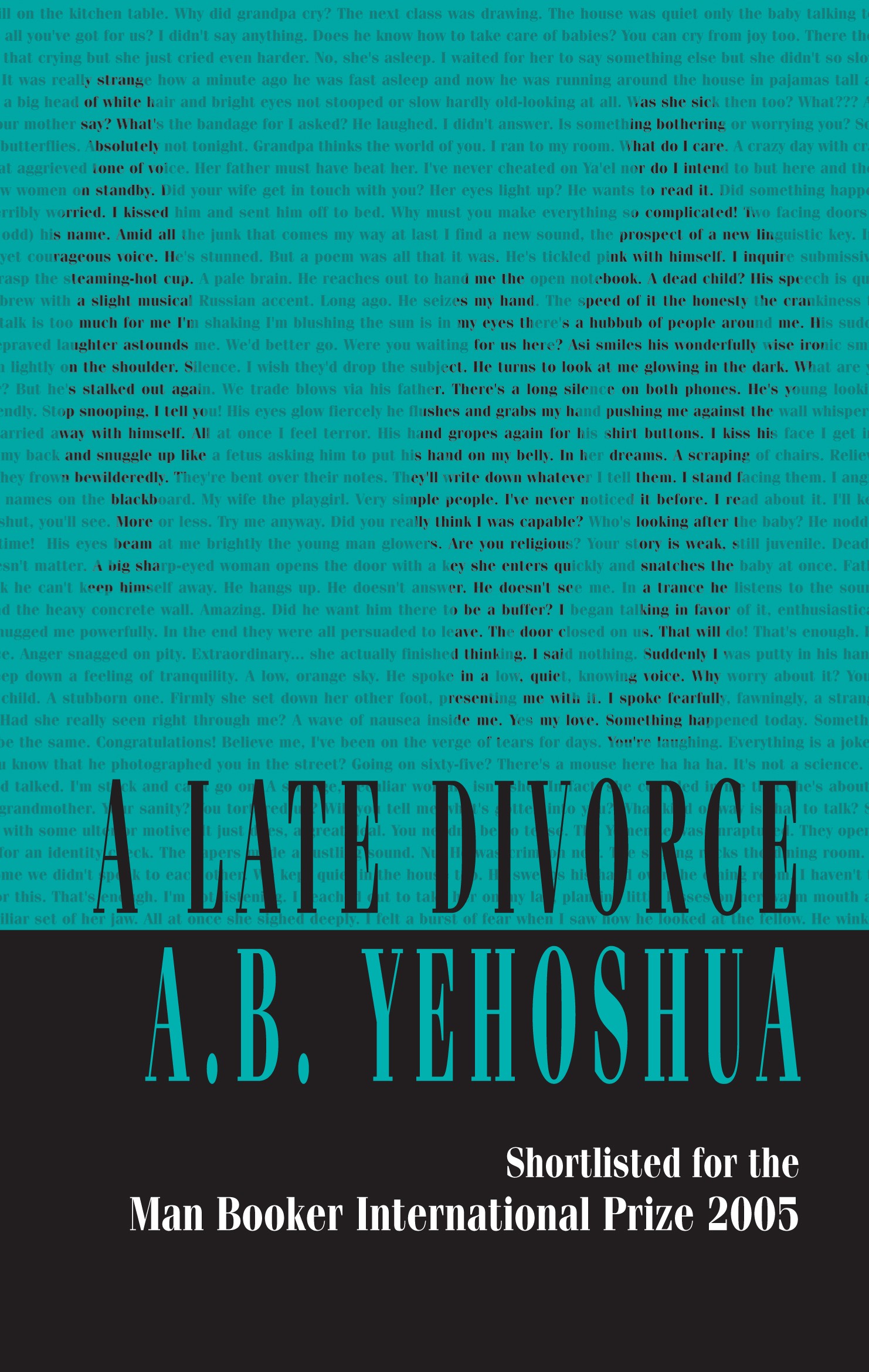One of Israel’s greatest authors, A.B. Yehoshua, died on 14 June 2022, aged 85
We mourn the death of A.B. Yehoshua who was not only our friend, but one of Israel’s greatest writers.
A prolific and internationally recognised author, he wrote deeply humane, and often very humorous, novels. He was firmly rooted in Israel and even when set abroad his novels reflected on the ongoing reality in Israel. As one obituary recently observed: “His subject was Israel.”
He was a fiery speaker, and often provocative, especially when discussing Jews living within Israel vs Jews in the diaspora. He was politically engaged and was always a supporter of the two-state solution, until he came to the sad conclusion recently that this would no longer be possible and a bi-national state – where Jews and Palestinians would live together – had to be envisaged. At the heart of it, he was against the occupation and wanted Palestinians to have full and equal rights.
‘[Yehoshua] combines uniqueness and universality and reminds us irresistibly of the joy of reading.’
-John Carey
To see the range, influence and impact of Yehoshua’s life and work, one needs only to consider the numerous tributes, articles, obituaries and profiles listed below:
The New York Times, “the Israeli novelist who […] planted his nation on the map of world literature”
The Los Angeles Times, “celebrated for his mastery of the Hebrew language”
Washington Post, ““Yehoshua was a leading voice of the Israeli peace camp”
Haaretz, “a literary giant of his generation”
The Guardian, “AB Yehoshua […] helped project modern Hebrew literature on to the international scene.”
The Jewish Chronicle, “undoubtedly one of Israel’s greatest writers”
The Jewish Voice, “his work was translated into 28 languages.”
Tablet, “Today, the world is mourning a brilliant author and prominent internal critic of Israel.”
Forward, “Admired by Bellow, indebted to Faulkner, a giant of Jewish literature”
A.B. Yehoshua, picture by Rafi Schoffman
‘The three tenors of Israeli Literature,’ Yehoshua between David Grossman (left) and Amos Oz (right) in 2006.



